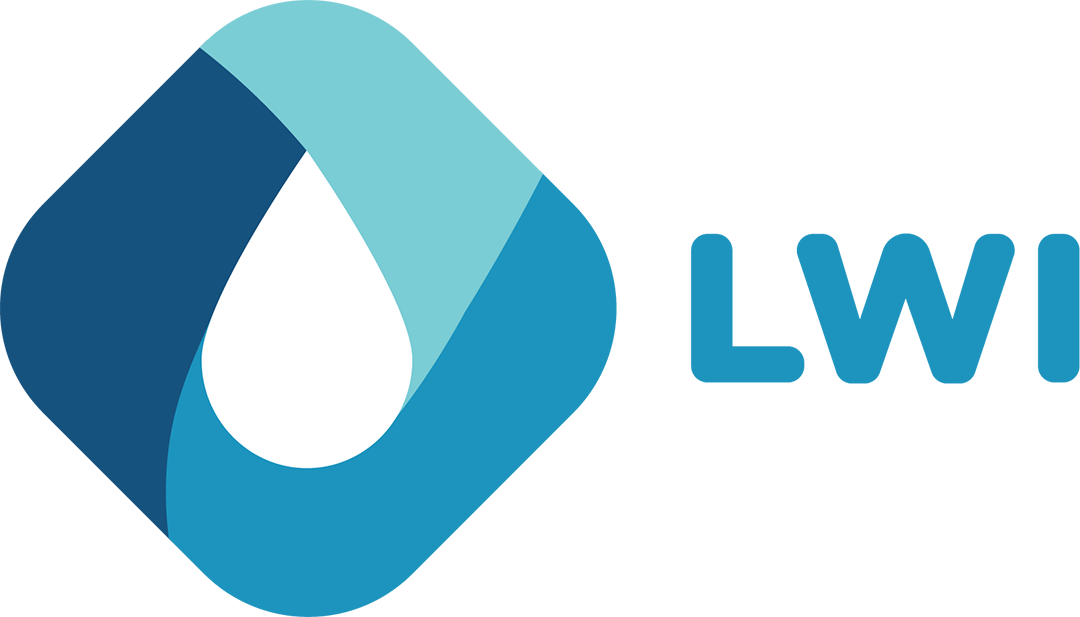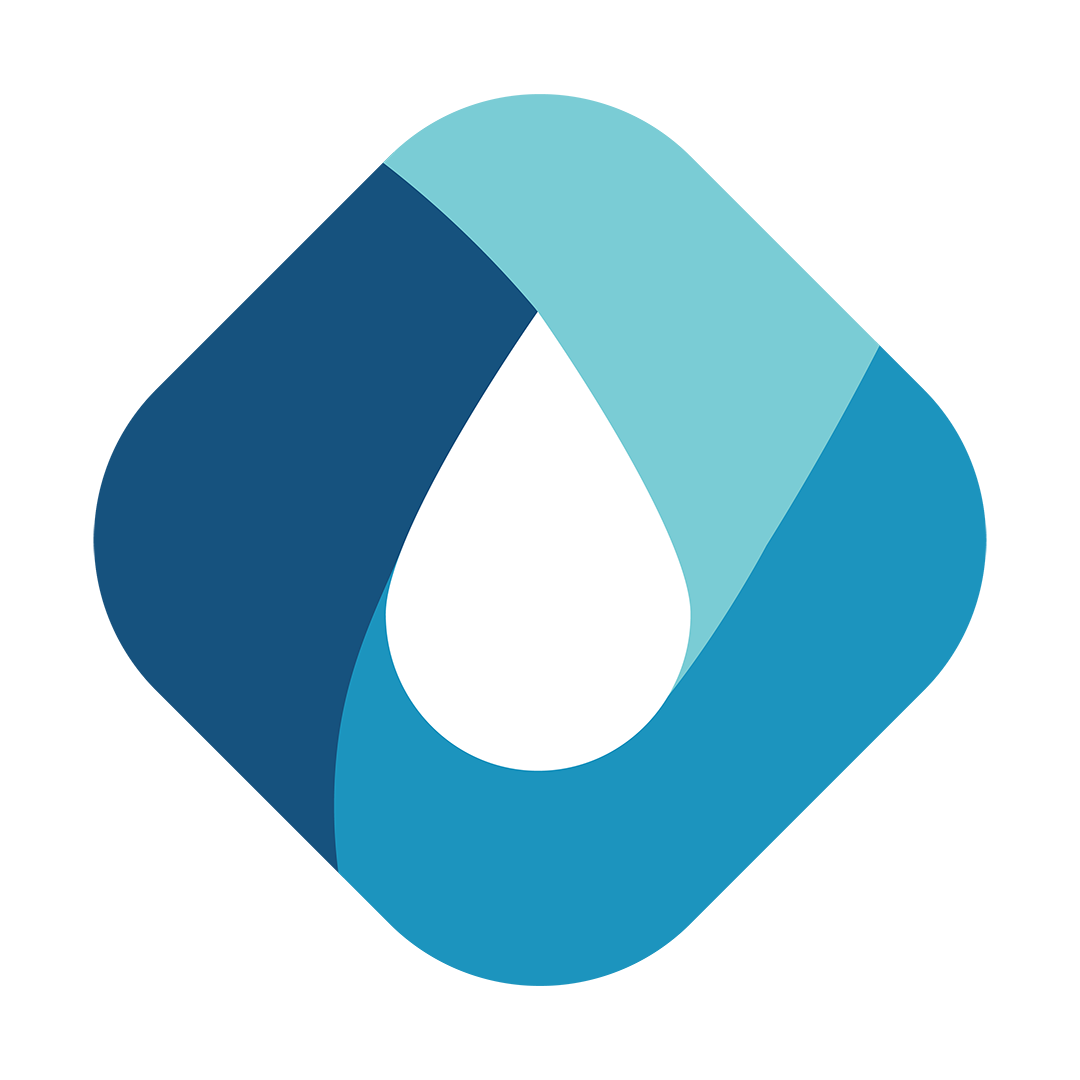THE UNFILTERED TRUTH ABOUT OUR WATER? IT’S HARD TO SWALLOW.
Right now, on the water supply front, things are looking better than they have done for years. Country-wide, our reservoirs are near full to overflowing.
The abundant rains that have fallen over recent weeks have relegated water rationing to a distant memory.
However, as good as things might be, there's little room for complacency.
Other than stating the obvious – that we are a water-scarce country, and that climate volatility is playing havoc with our lives – another colossal challenge we face is that our water demand will exceed supply by seventeen per cent by 2030.
Driving this increased demand are municipalities by twenty-seven per cent, the industrial, mining, forestry and energy sectors by eleven per cent, and agricultural by a whopping sixty-two per cent.
Every drop of aqua pura is the most precious resource we have. Every effort in terms of technology, experience and expertise must be brought to the fore to treat, recycle and reuse wastewater effectively.
However, on this score, we have an even more significant challenge.
Helen Suzman Foundation legal researcher, Michelle Toxopeüs,
made some startling revelations in her 2019 paper: Developing Water Sensitive Cities: Rethinking how we Manage Urban Water.
The most alarming finding was that of the 824 municipal wastewater treatment plants that serve South African communities, approximately thirty per cent were found to be in 'critical' condition.
Another twenty per cent were classed as being in a 'poor' state.
A situation that equates to approximately 50 000 litres of untreated sewage released every second. That's right, every second!
The Mail and Guardian also investigated our ageing infrastructure. Its findings concluded that around 750 of those 824 wastewater plants were in dire need of repairs or upgrades.
All of which means millions of kilolitres of untreated wastewater and effluence - brimming with pathogens, chemicals and heavy metals - being released into our rivers, dams, wells, fields and in some communities, into public spaces and even into people's homes.
As has been pointed out by activists, the media, and even the South African Human Rights Commission (SAHRC), these incidents are gross human rights violations that are putting citizens' lives at severe risk.
In fact, it’s been reported that raw sewage flowing into the Vaal has affected the drinking water of nearly half of Gauteng’s population. So it’s hardly surprising that, at the time of writing, it’s been announced that the Minister of Human settlements, water & sanitation, Lindiwe Sisulu, has taken over the operations of the Emfuleni municipal water infrastructure on the Vaal river.

